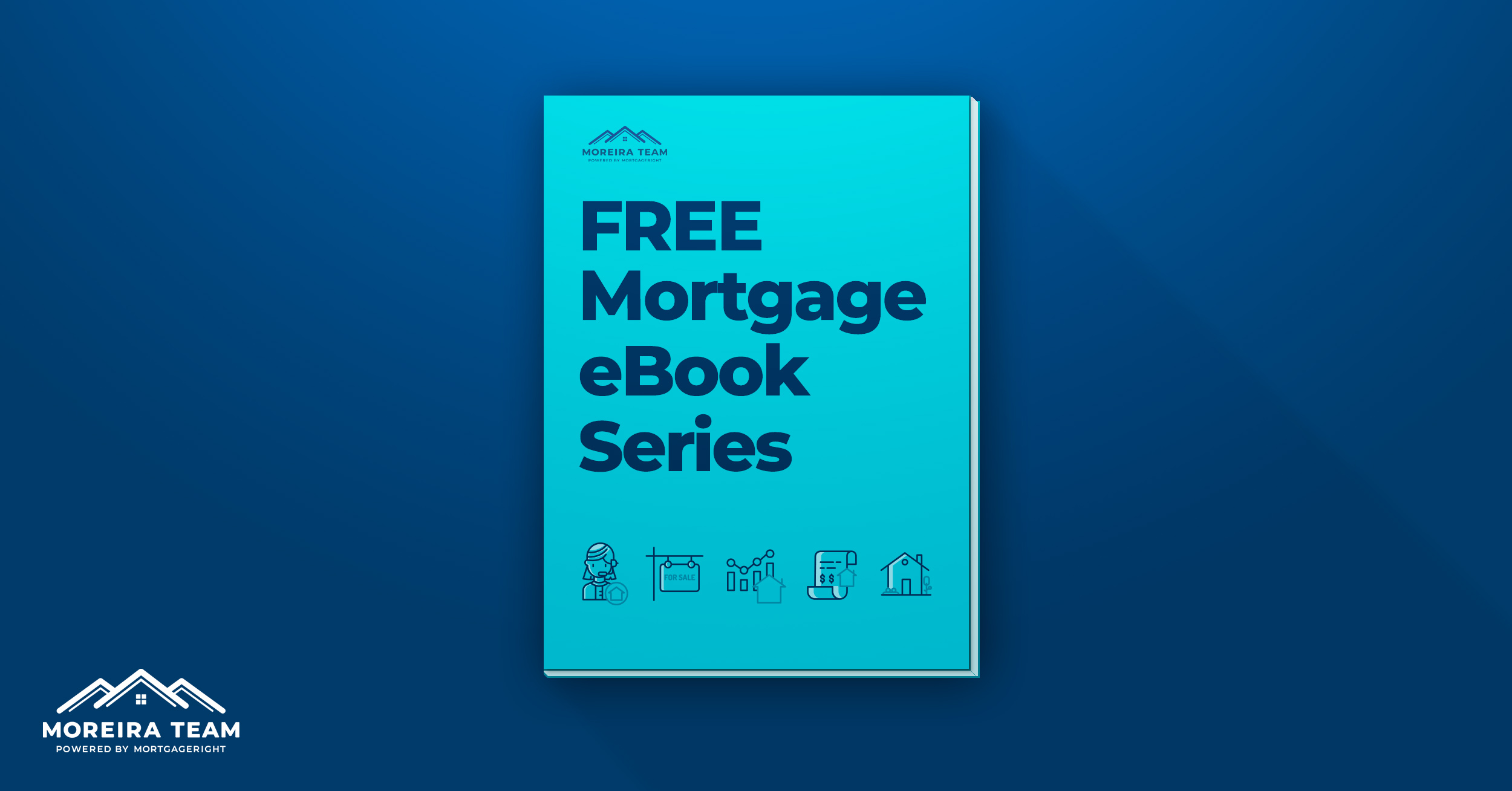
In this article
Moreira Team was happy to see our mortgage ebook library mentioned in the March 7th Huffington Post article 4 Main Data Points On How to Be Financially Free by Tom Ayling.
The article itself was packed with tips on four major financial areas which some of those in the financial know are taking advantage of to secure their futures. Although we are not financial advisors, we can vouch for the Real Estate side of the equation. Real Estate can bring in long-term real returns and despite the market crashes and adjustments, over the long haul, it hasn’t disappointed.
Here is what Mr. Ayling had to say about it:
Real Estate Can Mean Real Investment Returns. The beauty of investing in land is that they aren’t making any more of it. Well, that is unless you count China’s activities in the South China Sea. But for 99.9% of the world, the areas where people want to live aren’t really growing in acreage. Instead, cities like San Francisco and the Big Apple are focusing on building upwards. I call them human filing cabinets, but you can look at them as incredibly hot investment opportunities.
Real Estate Investment Trust (REIT)
The easiest way to get started investing in real estate is by pooling your money with other real estate investors in a REIT. Many REITs are traded publicly on major stock exchanges. As REIT investor Brad Thomas points out, research and due-diligence is key to success in investing using REITs.
You’ll want to carefully consider the following when analyzing a REIT:
How experienced is the management team?
How the REIT’s dividend yields compared to other dividend-earning investments available on the market?
What’s the fair market value of the assets currently held within the REIT?
While a REIT is low-maintenance, many real-estate investors make a larger return on capital by going in on their own projects; flipping houses, renting out investment property and establishing their own private REIT (potentially with friends and family).
The American Dream
While we’re on the topic of investments, let’s take a closer look at one of the most popular real-estate investments: purchasing your own home. The cost of purchasing a home for you and your family includes:
- Down Payment to Secure the Mortgage
- Financing Charges from the Bank
- Monthly Mortgage Payments
- Homeowner’s Insurance
- Closing Costs (charged by a Realtor and Escrow Service)
- City, State and Federal Property Taxes
- Maintenance Costs for the Property
- Changes in Valuation Based on Surrounding Properties (Real Estate Comps)
If you’re serious about owning your own home, then you should start by using a mortgage calculator to understand how much home your family can afford. In addition, there are excellent books available online that will help walk you through the process of becoming a first-time homebuyer.
While these tools give you a starting point, there are other factors to consider. Is your family going to be living in the area for a long time, or will you need to move for work or school in the near future? If you’re going to be moving in the next 2-3 years, then you’ll want to be sure to analyze the property as a short-term investment. When you sell the home, will you be able to come out ahead after all closing costs, estimated maintenance costs and depreciation or appreciation in value?
Qualifying for a home loan can definitely be a challenge. Some reports show that banks are looking for a personal credit score higher than 760 if you want their best rates. Carefully consider whether waiting until you’ve improved your credit score will save you significantly on interest rates over the life of the loan. A 1% difference in your interest rate on a $100,000 mortgage can mean more than $20,000 in savings over the life of a 30-year mortgage.
Responsible home ownership is an excellent way to help solidify a solid credit history, although irresponsible home ownership will lower your credit score. Most home buyers report an initial drop in their credit score, but this bounces back with on-time payment of your mortgage, in addition to maintaining all other credit accounts in good standing.
The main goal in purchasing a home is in having the ability to apply your monthly housing expenses towards building equity in a property. Renting an apartment, condo or home is simply watching money fly out the window, never to return; although you do get the peace of mind knowing that maintenance and property taxes are the responsibility of the landlord.
We couldn’t agree more with you Mr. Ayling… Real Estate is here to stay and land itself is even more important as an investment vehicle. Limited commodities do seem a good store of money now don’t they? While land investment is not going to make you rich overnight, it does have a track record of bringing in very healthy lifetime gains.
The home you decide to invest in is part of the value of property you buy. At least for the lifetime of that building. Making the right decision on buying your home or second home will affect the property value and vice versa.
If you are investing in property as a first or second home… please have a look at our mortgage ebook library for more information.

